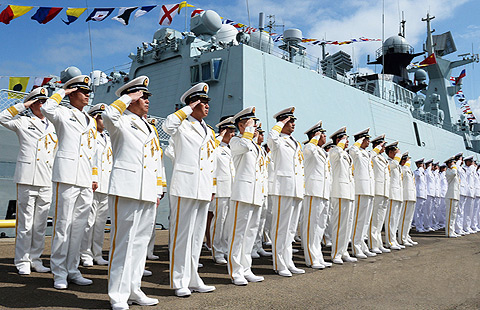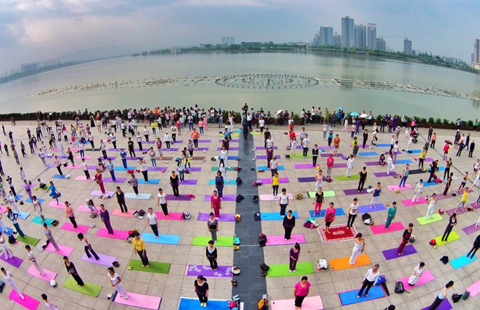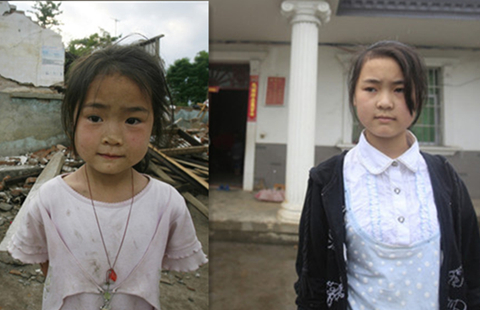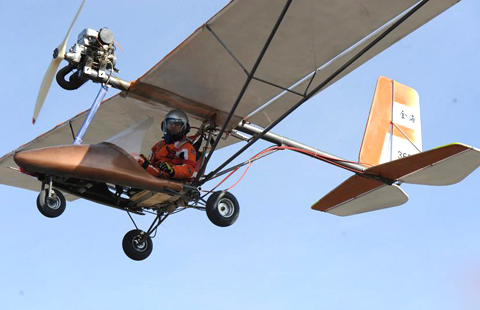China vows to further streamline administrative procedures
Updated: 2015-05-13 09:55
(Xinhua)
|
||||||||
BEIJING - Chinese Premier Li Keqiang called for more efforts to streamline administration procedures and scale back government controls to unleash economic vitality.
The government will cancel more approval items, make enterprise registration easier and waive administrative charges it deems unreasonable this year, Li said at a national teleconference of China's senior and middle-level officials.
The transformation of governmental functions should address people's concerns, improve government services and strengthen supervision to guarantee a transparent, orderly and just market environment, the premier said.
The meeting underlined the leadership's resolution to tackle the long-standing issue of red tape, in the hope of promoting a more streamlined and efficient economy.
Last Wednesday, during a State Council meeting, the premier expressed his displeasure at excessive regulation and red tape, ridiculing scenarios in which citizens were asked to prove "your mother is your mother" when obtaining a government permit.
Fighting red tape has become more pressing as China's growth slows, and reform measures rolled out to steer the economy away from its unsustainable model, powered by state-directed investment, to more vital growth engines such as private consumption and services.
Since 2013, the premier has championed the streamlining of administrative approval and the slashing of red tape to help the market function efficiently.
Central government departments controlled 1,526 approval items in 2013. By the end of 2014, about a third have been canceled or delegated to lower agencies. A total of 205 were abolished last year and another 248 will follow this year.
Thanks to a new business registration policy, which took effect in March last year, the number of newly-founded companies in China surged almost 46 percent year on year to 3.65 million in 2014, with their total registered capital hitting 19.05 trillion yuan ($3.11 trillion), up 99 percent, official data showed.

 Chinese buyers spend $116m at art auction in NY
Chinese buyers spend $116m at art auction in NY
 Portrait of a health conference
Portrait of a health conference
 China and Russia hold naval exercise
China and Russia hold naval exercise
 Ten photos you don't wanna miss - May 12
Ten photos you don't wanna miss - May 12
 Students demonstrate new official anti-smoking gestures
Students demonstrate new official anti-smoking gestures
 Wenchuan earthquake: Seven years on
Wenchuan earthquake: Seven years on
 Ten photos you don't wanna miss - May 11
Ten photos you don't wanna miss - May 11
 Man successfully flies homemade plane
Man successfully flies homemade plane
Most Viewed
Editor's Picks

|

|

|

|

|

|
Today's Top News
Kerry off to China ahead of key talks
Beverage battle in China goes beyond colas
Volvo picks South Carolina for plant
Anti-graft body stresses inspections at lower levels
Ex-official on 'most wanted' list is arrested
China, Belarus to boost relations at local level
French president calls for end to US embargo on Cuba
Cook says Apple in talks with Alibaba over Apple Pay in China
US Weekly

|

|






